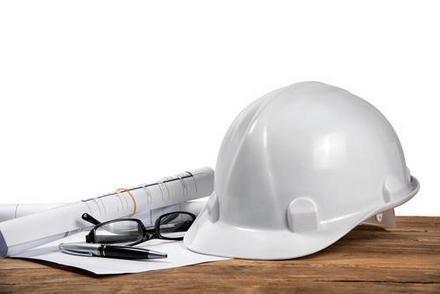Naperville, IL 60563
An Overview of the DuPage County Plat Approval Process
 With nearly 700,000 jobs and an ever-increasing population, DuPage County is a prime location for land development. Businesses, subdivisions, and new homes are all a part of that development, and they are further proof of a thriving community. Unfortunately, there are many land development projects that stall out or are abandoned completely. More often than not, it is due to a poor execution of the plat development process (and/or a loss of funds because of poor execution). Do not let this happen to your project. Learn what you need to know about plat approval and land development in DuPage County.
With nearly 700,000 jobs and an ever-increasing population, DuPage County is a prime location for land development. Businesses, subdivisions, and new homes are all a part of that development, and they are further proof of a thriving community. Unfortunately, there are many land development projects that stall out or are abandoned completely. More often than not, it is due to a poor execution of the plat development process (and/or a loss of funds because of poor execution). Do not let this happen to your project. Learn what you need to know about plat approval and land development in DuPage County.
Who Needs Plat Approval? While nearly all new construction in unincorporated areas will need some form of approval (i.e. building permits, building plan approval, etc.), not all need to pursue plat approval. This complex process is designated mostly for subdivisions, including those to be built in or near city limits and those in unincorporated areas of DuPage County. Schools and other government buildings are also subject to limitations, as are any improvements to existing subdivisions or communities. Further, there may be additional structures or developments that need specific approval. If you are uncertain if your development project needs plat approval, contact an experienced real estate attorney for guidance.
DuPage County Plat Review and Approval Land development cannot begin until the landowner or developer has taken the proper plat review and approval steps. For those that wish to build a subdivision, this process begins with an information meeting with the County departments, each on an individual basis. This will give the landowner or developer important information on procedures and standards within the area to be developed. Once all meetings have been completed, the owner or developer must then file a pre-application plan and written application with the Plat Review Committee. This must be submitted no less than 12 working days prior to the next scheduled Plat Committee meeting, and it must be submitted with the reviewing fee.
From there, the Committee will review the plan and determine if the project can move to the preliminary plat approval phase. Upon this approval, the landowner or developer must then submit the final engineering document, final plat, and a copy of any Homeowner's Association Agreements. It should also be noted that there are many special requirements regarding the submission of a pre-application plans, written applications, preliminary plats, final plats, and other key documents. In fact, every step has stringent requirements and regulations that a landowner or developer must follow. Any failure to do so could result in a denial of an application or lengthy delays that cost you money on your land development project. For guidance and assistance, contact a DuPage County land development lawyer.
Contact Our DuPage County Land Development Lawyers At Lindell & Tessitore, P.C., we smooth the plat approval process for land developers hoping to build and expand within DuPage County. Committed to our community, and your best interest, we use our skills, knowledge, and experience to help you navigate the complex process. Save time, money, and avoid unnecessary stress. Contact our DuPage County land development lawyers today. Call 630-778-3818.
Source:
https://www.dupageco.org/EDP/Regional_Planning/4920/
https://www.dupageco.org/building/
http://ec.dupageco.org/dec/pdf/platapp.pdf




